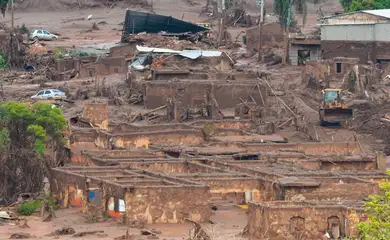Landless Movement reforests area in Minas Gerais

On Arbor Day, September 21, the Landless Workers’ Movement (MST) began planting 2 thousand hectares to reforest legal reserves and permanent preservation areas for families settled in the Vale do Rio Doce region of Minas Gerais state. The initiative involves families from six land reform settlements.

For forest restoration in the region’s settlements, the muvuca—or seed mingling method—will be used in areas where the soil is already prepared and fertilized.
According to Henrique Samsonas, of the MST’s Production and Environment Sector, this form of planting is an alternative that has proved successful, as it allows planting to be carried out earlier, increasing the number of areas planted throughout the year at a lower cost.
“The large-scale planting of seeds through the muvuca method in Vale do Rio Doce has enabled the creation of a seed network that has generated income for settled families and indigenous as well as quilombola people,” he pointed out.
Recovery
Following the collapse of the Fundão dam in the Minas Gerais municipality of Mariana, in November 2015, the Landless Movement realized that, in addition to denouncing predatory and degrading mining, it was the task of the families in their settlements to recover and preserve their territories.
In this initiative, which comes under the Agroecological Program for the Recovery of the Doce River Basin, 150 small dams have been built to capture rainwater, plus 59 biodigesters, to treat sewage from toilets in rural areas.
The efforts aim to form reforested territories alongside the national “Planting Trees, Producing Healthy Food” Movement, which intends to plant 100 million trees by 2030.





